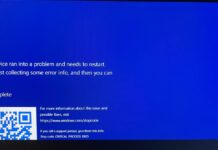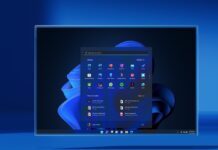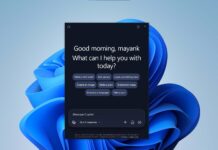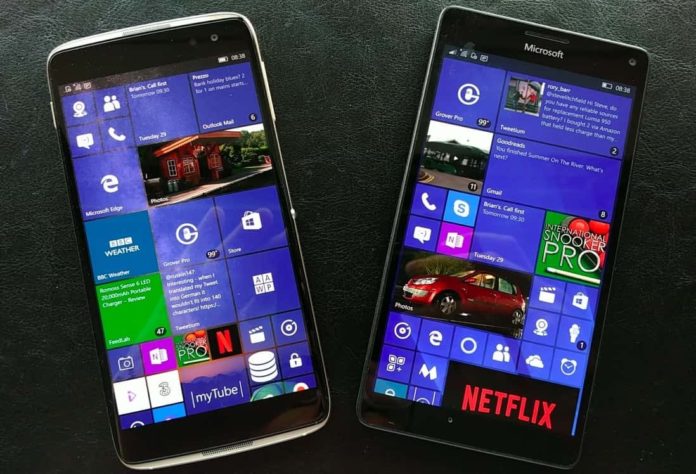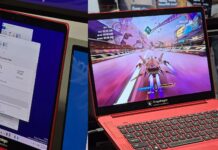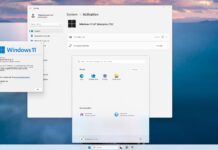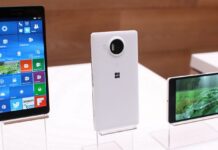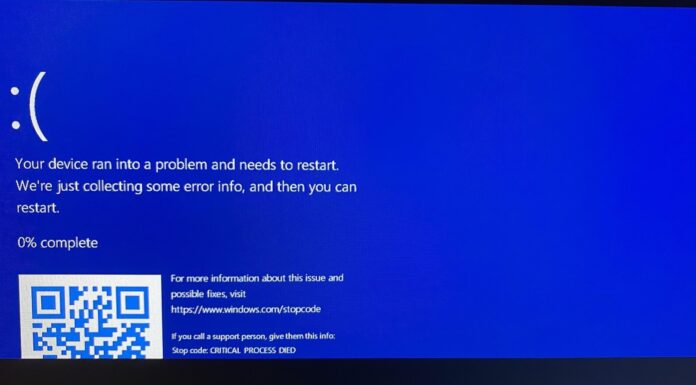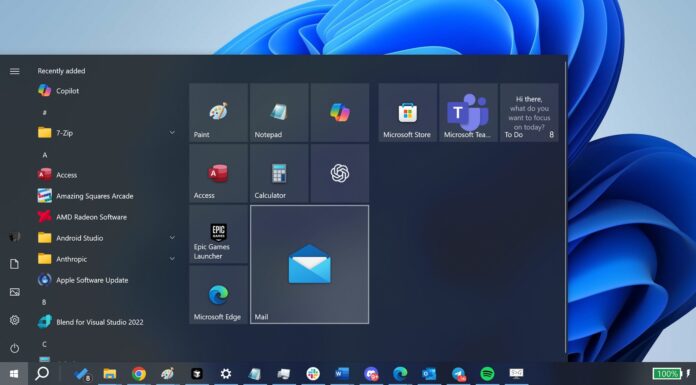Microsoft’s failure of Windows Phone in the mobile market has been overly-discussed and the company itself last year said that its mobile platform has been discontinued. Windows Phone was robust, connected to Microsoft’s core services, and beautiful. The diehard fans loved the platform and yet, somehow, Windows Phone failed to ever gain meaningful market traction.
Windows Phone was obviously late to the party, and Microsoft never solely focused on its mobile platform. Microsoft has already lost the mobile battle and PC market is now stagnant, but the company is said to be working on a new device codenamed Andromeda or Surface Phone and it would create a new category of phones-tablets.
Microsoft’s president and chief legal officer, Brad Smith at the Code Conference in Rancho Palos Verdes, California explained why the software giant missed the search and mobile battle.
Microsoft had a hard time with both mobile and search. While Windows Phone is down and dusted, Bing’s slowly getting better every year, with more and more people switching to the company’s search engine.
Brad Smith says antitrust cases distracted Microsoft and search is one of the areas the software giant could have done better but it couldn’t because of the aforementioned issues. Similarly, Microsoft eventually missed, to win in the mobile battle.
“My own personal view, having been in the middle of it for so long, was the single greatest cost was the distraction. Having a Bill Gates, a Steve Ballmer, great engineering leaders at our company, spending so much time figuring out how to prepare for a deposition, how to defend themselves on the witness stand, how to implement this, that, or the other thing. You look at the early 2000s. We missed search,” he said.
Brad added that this “wasn’t the only thing we missed” and the interviewer mentioned mobile. Needless to say, Windows Phone is another area where Microsoft couldn’t do better, and it eventually failed.
Microsoft built a great mobile platform with Windows Phone, the interface was unique and this differentiated the OS from Android and iOS’ icon-based UX. People still love the tile interface, and those who switched to Android, are using some launchers to get the feel of Windows 10 Mobile.
“I do think one has to have the recognition that nobody’s going to catch everything. There’s no company here or anywhere else that is going to see every trend before it emerges. But would we have seen these things if we had been spending more of our time looking for them than looking at these specific issues? It’s a great imponderable. It’s a hypothetical. We’ll never know for sure, but I will say the odds of seeing these things would have been higher,” he explained.

